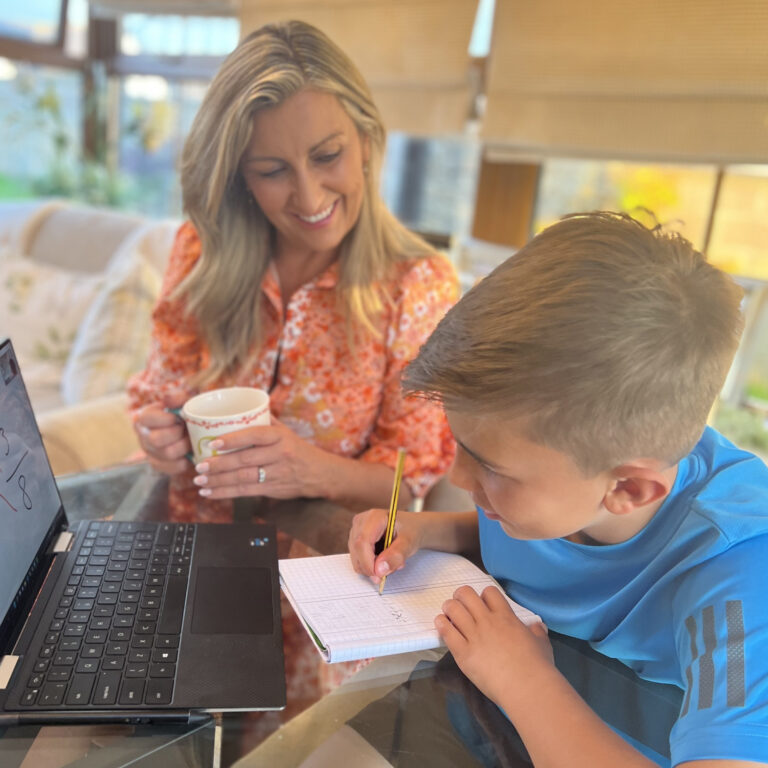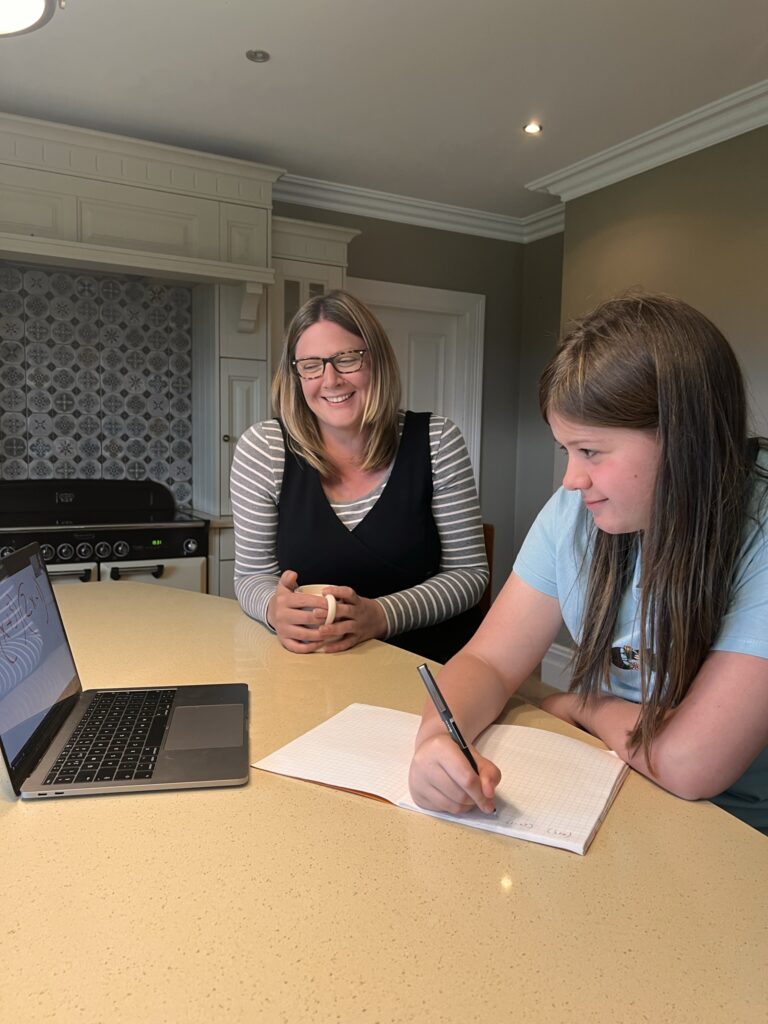WhatsApp:
+353 87 202 0389
New Changes To How Maths Is Learned
There’s a mad rush to make Maths more like the ‘Real World’.
Massive changes to the primary school curriculum were announced in September by Norma Foley. She spoke about bringing in ‘playfulness’ to the teaching of Maths and making Maths more tangible.
Similar Changes Across The World
Ireland is not alone in bringing in these changes.
The next government in the UK will be a Labour one and they have spoken about making similar changes. They mentioned in that article about teaching Maths through phonics. In Leymans terms, that really means they are trying to make Maths more tangible. How we see Maths in nature. How we see Maths in computer games. How we see Maths at home.
Similar changes are also being looked at in the US and Australia. It’s all about keeping Maths scores up – something they are very worried about in developed countries. The world is moving ahead in technology, and our Maths curriculums must follow, essentially.
Why Change?
A couple of years ago, Project Maths was introduced to the second level curriculum. It caused consternation at the time for teachers and students. Gone were the days of structured exam questions and patterns of exam questions. Instead, questions became ‘wordy’. They became complex. They described problems in the real world. and they applied Maths questions onto them.
Crucially, the Maths did not change.
But people hate change. And the Department is not amazing at giving out the required training and support. Things settled down over time and now Project Maths seems to be paying off. Ignoring the ridiculous situation of inflated grades, Project Maths has worked in making the exams tougher and more focussed on real life questions. Students and teachers have adapted to it. The exams are far less predictable – if anyway predictable at all.
So, the primary school curriculum was next to follow suit.
What’s Changing?
In short, I’m not 100% sure.
The current guidelines are vague. But it is easy to predict what the Department will introduce. Expect a far more complex Drumcondra exam. It will be less ‘Mathsy’ and more ‘wordy’, if that makes sense. You will see paragraphs and story’s in front of some questions and the students will have to apply the Maths onto it.
Also, they are trying to make Maths inclusive for everyone. They are trying to get away from being labelled right or wrong on a question, and instead just rewarding the attempt. Of trying a solution. Now, i’m not quite sure how that works out in assessment terms, but that’s the plan.
Expect less homework too. I just get the sense that we are moving away from rote learning and into more problem-solving, experiential learning. I do feel that homework will be less prescribed and instead, it will be more about school learning. Leave kids with more time to be creative at home. Again, not sure how that works, but that’s my hunch on chatting to teachers over the last while.
Still lost?
It’s a tricky to change to read on paper. Have a listen to a video I made last week:
My Opinion
Change is always good. That might be hard to stomach for a few, but our curriculum must evolve. We must keep pushing our standards of maths.
And it does all start with Primary School. We rank 11th out of 21 in the OECD Mathematical literacy — not great, considering we have all those tech companies looking for a constant talent pool of engineers. That’s what is at the front and centre of the thinking here. Can we push those rankings upwards.
Look, it will take 3 years to roll this across the primary school sector. I think it will be messy for 2–3 years, but it will iron out. Students will like the tangibility of the new course. They will get used to the wordiness of the questions. And they will get stronger mathematically.
My only concern is for students with Dyslexia and Dyscalculia. Those students will struggle a lot more as there will be a lot more English on the exams.
If you have any questions on the above, please reach out to me here by email.
Hope that helps,
TJ – CEO of Breakthrough Maths





